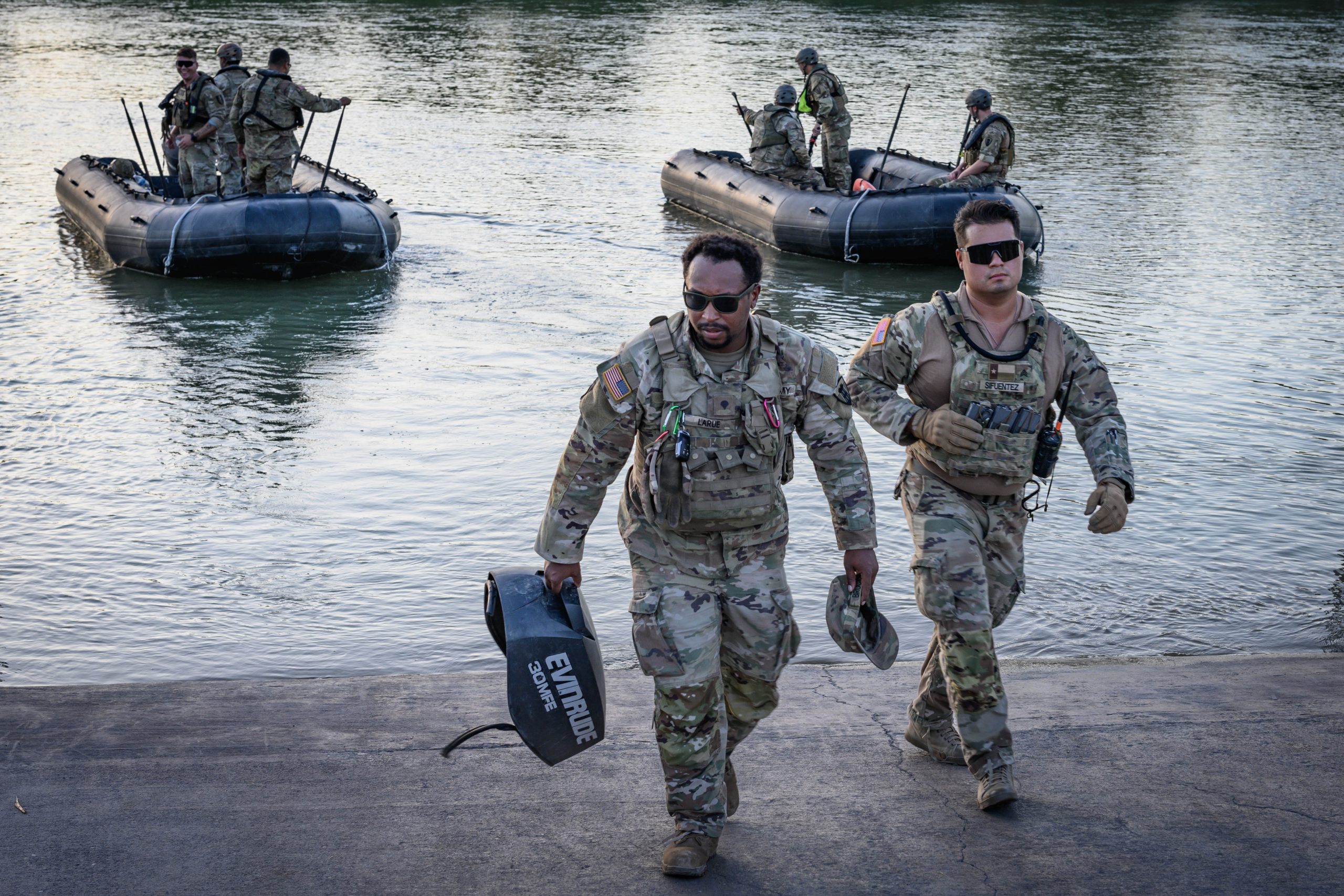
Escucha esta nota:
Pese al incremento de una narrativa negativa sobre los migrantes en los Estados Unidos, en gran medida producto de las pasadas elecciones generales, un estudio de la Universidad de Utah revela que este sector de la población tiene mayor disposición de servicio cívico y militar que los ciudadanos nacidos en el país.
“El compromiso de los inmigrantes con EE.UU. podría ser mucho más fuerte de lo que la gente piensa, y su aprecio por los valores y oportunidades que ofrece EE.UU. son cosas por las que ellos podrían sentirse dispuestos a luchar, proteger y defender”, dijo el profesor Christopher Simon, autor principal del estudio, que también incluye a Canadá.
La investigación de Simón y su equipo, resalta que migrantes de México, Colombia, República Dominicana, Ecuador, Filipinas, China, Alemania, Taiwán y el Reino Unido, muestran una mayor disposición de luchar por la seguridad de los EE.UU., y Canadá, a través del servicio en las fuerzas armadas y marina, que los mismos estadounidenses.
En este sentido, la actitud antiinmigrante podría ser perjudicial para la seguridad nacional en los EE.UU., afirmó Nicholas Lovrich, coautor del estudio y profesor emérito de ciencia política en la Universidad Estatal de Washington y actual investigador asociado en la Universidad de Utah.
La investigación de Utah también advierte que el sistema militar de los EE.UU enfrenta grandes retos de reclutamiento que, de no ser por los migrantes enlistados, el país estaría frente a una crisis.
“Antes reclutábamos a un espectro más amplio de estadounidenses de diversas áreas, tanto geográficas como de otro tipo, dispuestos a servir, pero eso está disminuyendo en casi todas partes. El grupo con el apoyo más fuerte son los inmigrantes que vienen a este país”, dijo Lovrich.
Los indicadores muestran que las familias en los EE.UU son cada vez más pequeñas y que, entre menos integrantes tiene una familia nuclear, menos quieren los estadounidenses que sus hijos ingresen al ejército.
“Todos estos indicadores están yendo en la dirección contraria al reclutamiento, excepto en el caso de los inmigrantes. Por eso no tiene mucho sentido cerrar nuestras fronteras a quienes vienen del exterior en este momento.”
En los EE. UU. hay 1.3 millones de militares en servicio activo, o 2 millones si se incluyen las reservas. Esto significa aproximadamente el 1% de la población adulta. El porcentaje disminuye anualmente, por lo que, según el estudio, no se logran los objetivos de reclutamiento.
La investigación de Utah reveló que los inmigrantes se enlistan en el ejército no tanto por una actitud militarista o nacionalista, como lo hacen los estadunidenses, sino por una idea conexión al país y servicio cívico.
“Las personas no están diciendo ciegamente que están dispuestas a servir [en el ejército]”, comentó Simon. “En algunos casos, por ejemplo, dicen que están menos dispuestas a luchar si se trata de una guerra entre países, pero más dispuestas si es un asunto relacionado con el terrorismo.”
La investigación, apuntó Simon, se basó en la teoría de la identidad social y la teoría de la psicología profunda, “eso generó un estudio bastante sólido al ampliar nuestro marco teórico más allá de la literatura existente sobre sociología militar”.
La investigación de Utah, en la que también participaron expertos en fuerzas armadas, conduce a concluir que la seguridad de los EE.UU. depende en gran medida de los migrantes y que, por ende, la narrativa antiinmigrantes es perjudicial para el país.
Fuente: https://journals.sagepub.com/doi/10.1177/0095327X241269905
Te puede interesar: Repercusiones de deportaciones masivas con las que amenaza Trump son asunto serio: Gavin Newsom

